Camping Tips for Survival
Can you use some camping tips for survival? People who have a love for camping while using only a tent, along with the bare minimum of other supplies, have a lot that they can teach us when it comes to survival situations. That’s because tent camping can require an individual to use a number of crucial survival skills when they no longer have the comfort and luxury of their own home to fall back on.
In fact, their odds of survival during an emergency situation are much higher than the average person who doesn’t have a clue about where to even begin preparing. A camping trip for survival is different than a regular camping trip. Let’s learn together as we discuss things to consider and how to respond appropriately.
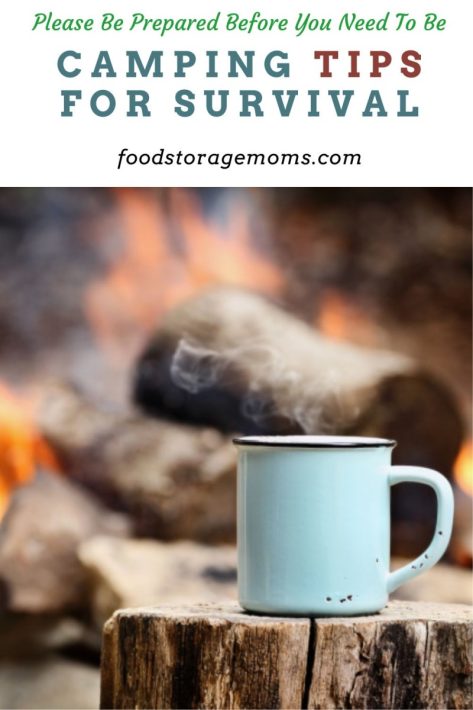
Camping Tips for Survival
Maybe you already enjoy spending several evenings beneath the stars, but wouldn’t mind learning a few new tips for survival that may one day come in handy when they’re most needed. I’d love to share with you what I’ve discovered over the years.
These are camping tips you should brush up on while you’re out on your next hike or when you are enjoying the outdoors with your family. This way you’re better prepared for any survival situation or emergency that may come your way. How To Get Ready For Camping This Summer
Set Up An Emergency Contact
Just like when you’re camping, it’s important to let someone know your whereabouts if your family is ever caught in the middle of a survival situation. That way if you were to go missing, that person who’s back in civilization has a better idea of where to start looking for you.
It’s best to choose at least one friend or family member living outside your region and here’s why. If you were to choose a person who lives in the same town as you, they may be facing a similar situation and wouldn’t be much assistance when it mattered the most. Why You Need Emergency Contact Information
Having more than one person familiar with your plans makes good sense, just in case your primary contact isn’t available when needed.
Get Better at Your Navigation Skills
What would you do if your phone’s navigation was no longer an option after you’d been forced to evacuate your home? With no navigation or satellite locater to tell you where you were while traveling through woods and backcountry, it would be very easy to get lost. We’ve all grown accustomed to using GPS services, but they may not work in every situation.
That’s why I encourage you to practice your navigation skills while camping or enjoying a day hike sometime. Sharpen your skills at using a compass and a map of the area to better prepare you for an emergency situation where staying in your home is no longer an option. Compass
Learn to Hunt, Fish, and Gather Food
Fishing and hunting are not only fun sports to enjoy while you’re with friends or family, but they also teach you how to be self-reliant when you need to find your next meal. Learning to set traps to make hunting even easier is something else that you should read about and give a try based on local regulations for small game.
Taking some fishing gear is also a good idea, particularly if you are aware of ponds, lakes, streams, and rivers in the vicinity.
Maybe you consider yourself more of a vegetarian. Now’s the time to learn how to forage and familiarize yourself with edible plants and herbs. That way your family isn’t eating anything toxic without realizing it. Foraging: The Ultimate Guide to Finding Food in the Wild
Discover More than One Way to Build a Shelter
Protecting your family from the elements, along with possible predators, by having a suitable shelter in place will be an absolute must when you’re no longer able to rely on the protection of your own home. Besides using a tent for a shelter, you need to learn several different methods on how to set up a makeshift shelter.
The “lean-to” is your most basic solution that involves throwing a tarp over a trapezoidal prism of sticks. But I’ve also found an article on emergency shelter designs and how to build them that will help take you through it step by step. 7 Ways to Build a Survival Shelter
Having some strong twine, rope, a tarp, and some duct tape can make this process much easier.
Knowing How to Perform Basic First Aid
I’m sure you have a basic first-aid kit on hand. However, when it comes to any survival situation, it’s always best to prepare for the worst. Knowing how to perform some basic first-aid procedures on your family in case of an injury is something everyone should learn, especially if you have small children.
I’d encourage you to take CPR and basic first-aid classes before the next time you set out camping as a family. This is so that you know what to do if you’re ever faced with an emergency situation.
Even if your medical supplies are limited, basic stitching and cleaning wounds can be done with household items like thread and glue to stop the bleeding. Therefore, it’s always important to stock up on a few basic first-aid supplies just in case!
Essential Camping Survival Items that You’ll Need
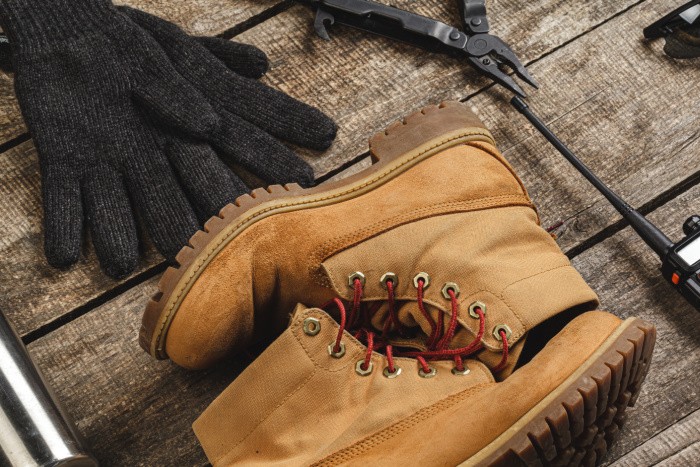
If you’re ever faced with a survival situation, you may not have a lot of time or room to bring every last piece of survival gear that you own or feel you’ll need. But that’s okay! As long as you have the right gear that most campers usually tend to carry with them, you should be in good shape. These are camping survival items that you’ll want to have in your evacuation emergency or survival kit.
Emergency Food: Your plan may be to live off the land for a short while, but you’ll still need a backup solution when it comes to feeding your family. You’ll need plenty of calorie-filled and protein-dense foods that will help sustain you. Foods that are shelf-stable are your best option. Survival Food And Emergency Food Storage
Having foods that will provide the calories to give you the necessary energy to perform tasks, think clearly, and maintain body functions is key to planning for survival essentials.
Water Filtration System: Besides stocking up on enough drinking water, you should definitely consider purchasing a water filtration system that makes purifying your water a more straightforward process. This is ideal if you’re left having to filter water to drink or cook with when it’s found in various places while out in the wilderness. That way you won’t get sick! You’ll also want a water bottle for each member of your party, purification tablets, and possibly even a UV purification light. The Best Portable Water Filtration Unit
Camping Knife and Multitool: A camping knife is a must-have tool that everyone should always have on hand. Not only are they useful for food preparation, but you can use them to cut through rope and other materials necessary for makeshift shelters, or even make repairs to clothes and shoes. A multitool will also come in handy to help with many of your everyday tasks while on the go. Everyday Carry Bag-What You Need
Firestarter: In order to cook your food, boil water, and stay warm, you’ll need the right tools to use for a firestarter. A steel and striker, magnesium rods, and waterproof matches are a few great choices to have. Not only will they help you start fires, but they’ll also be valuable assets in your emergency situation. Forget Your 72-Hour Bug-Out Bag You Need More
As you consider your surroundings to find a safe place to set up camp, whether for survival or on any camping trip, you need to think about how to start and maintain the fire you’ve needed. Look for places that have vegetation that can provide kindling like twigs, bark, leaves, tinder, dry moss, small logs, etc. A small ax or wood saw could prove very helpful as you endeavor to gather the necessary wood needed.
As you set up camp, make sure your fire isn’t placed where the flame, sparks, or ashes are likely to cause a large-scale fire. Dig a small fire pit and use it to keep the fire contained as much as possible. You’ll need a small shovel to dig that pit and clear the ashes when you leave. Show patience when clearing camp so you take the time to provide proper disposal of ashes and other materials brought with you.
More Camping Survival Items You Need…
First-Aid Kit: As I mentioned earlier, it’s important to know how to perform basic first-aid and also have the right supplies on hand in order to do so. An emergency first-aid kit should include bandages, gauze pads, antiseptic wipes, tape, scissors, tweezers, and other necessary items. First Aid Kit
That kit should also include some sunscreen and bug repellant. Out in the wild, you need protection from ticks, mosquitoes, and other bugs and insects that carry disease. It needs to be applied often, particularly with small children.
Tarps
Tarps are essential for protecting your shelter from the elements and they can also be used to collect rainwater. Make sure you have multiple tarps of different sizes so that you’re prepared for whatever situation comes your way.
And if you don’t have one, a camping tent is another piece of gear that I’d recommend. This may sound funny, but what if you only have a plastic bag(s) with you? You may be forced to use what you have, and if you experience a snowstorm, heavy rain, cold wind, or another weather challenge, you’ll be glad you have materials that can protect those you love.
Sleeping Bags
Sleep is an important factor to consider when you’re in a survival situation. A warm sleeping bag or two can help keep your family comfortable and also safe from the elements. Most survivalists will tell you that sleeping bags are essential in any camping situation. Be sure and watch for the temperature rating on the sleeping bags you purchase based on where you live so you’re best prepared in any given camping situation. Sleeping Bags
Paracord
Paracord is an incredibly versatile item that can be used for many different purposes. From setting up makeshift shelters to securing items, you’ll want to make sure you have a few rolls of paracord in your kit! Paracord
You can also use this cord to hang food items in local trees so it’s kept away from small animals who might be hungry too.
Waterproof Clothing
Not too many things feel worse than being in wet clothes and frozen to the bone with no way to dry off. Consider gathering enough warm clothing (avoid cotton), waterproof boots, rain ponchos, and any other rain gear that you can think of.
Map and Compass
Last but not least, don’t forget a good old-fashioned map and compass! Having a physical map of the area that you’re camping in can really come in handy if you ever get lost or have to make an evacuation plan. A compass is invaluable for navigation when you’re out on the trail and trying to find your way back home. Foraging: The Ultimate Guide to Finding Food in the Wild
Other Items to Consider
- Extra Clothing – think about hats, gloves, socks, jackets, etc.
- Flashlights and Lanterns – you’ll be wise to have extra batteries too.
- Trash Bags – can be used to remove the trash, but also as a temporary shelter item
- Small Camp Stove – cooking over an open fire can be romantic and very basic, but in a rainstorm, it could be difficult.
Final Word
These tips may seem a bit overwhelming at the moment, but when you’re putting all of this information into practice while out camping, or even day hiking, it becomes easier and more instinctual for you and your family.
This way when you’re ever faced with an emergency situation where survival is essential for everyone, these tips will help you get through it. This may be an adventure, but it’s a matter of wilderness survival and this article will give you a whole new perspective. May God Bless this world, Linda
Copy Images: Cup on a Log Camping AdobeStock_122948257 By Stephanie Frey, Camping Supplies AdobeStock_353090480 By fotofabrika

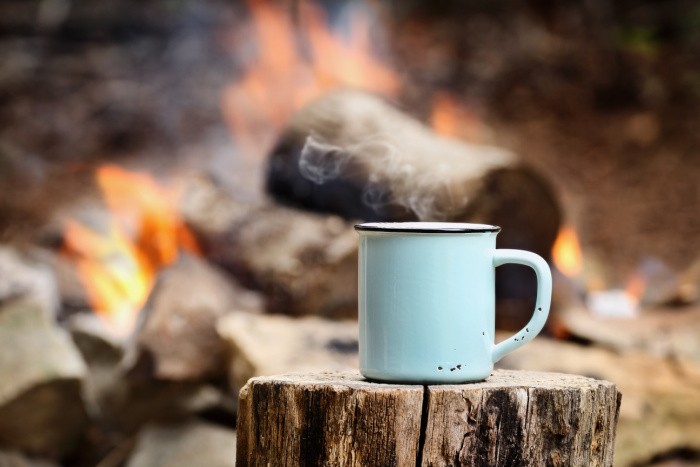

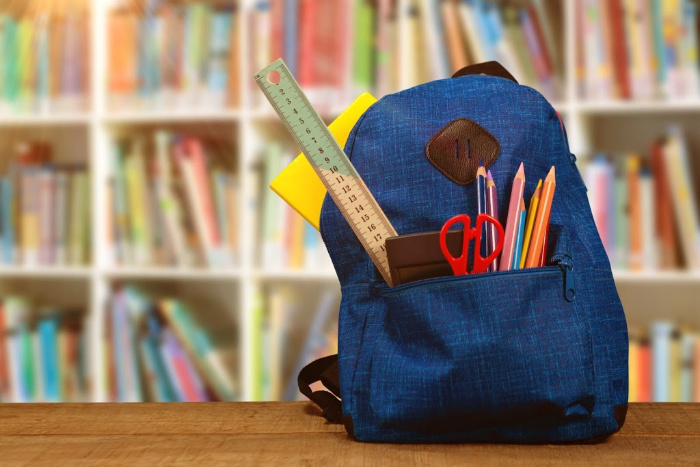
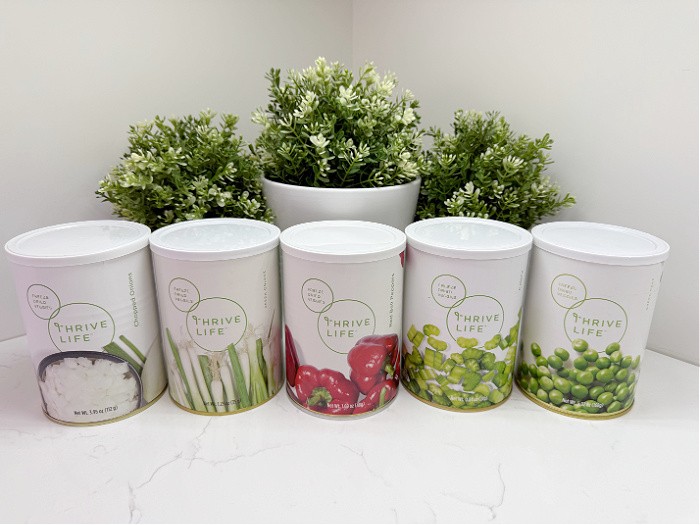
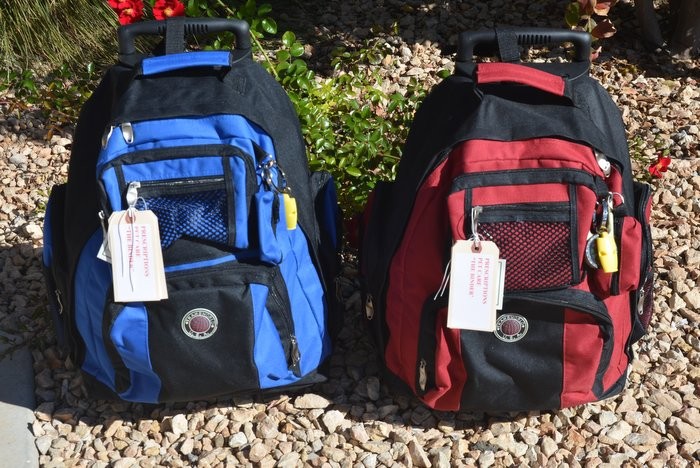
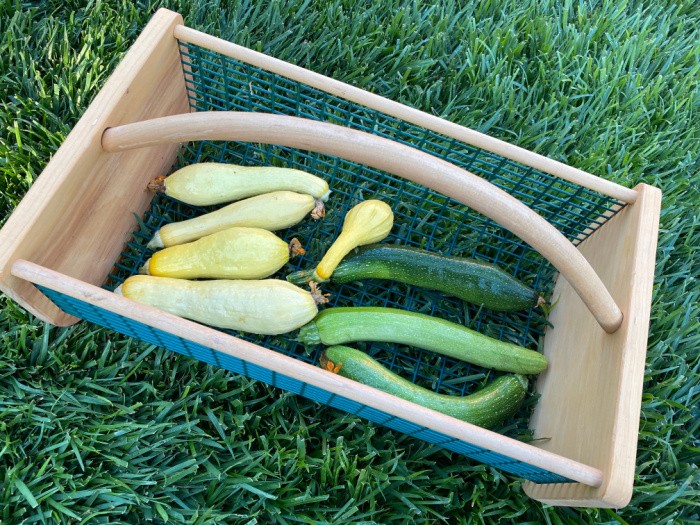
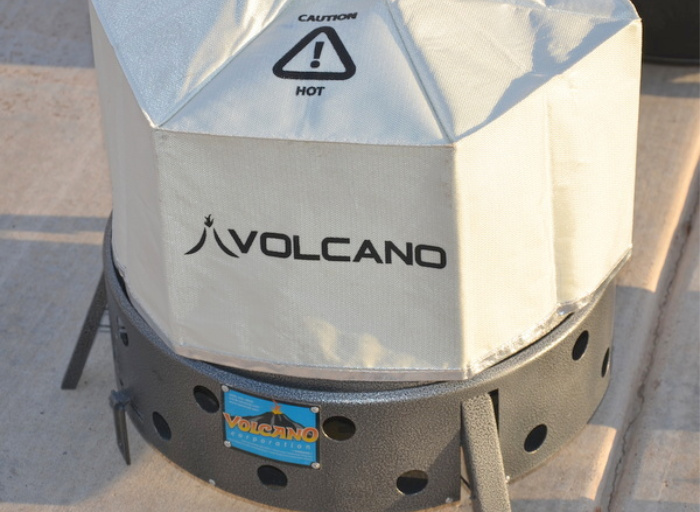
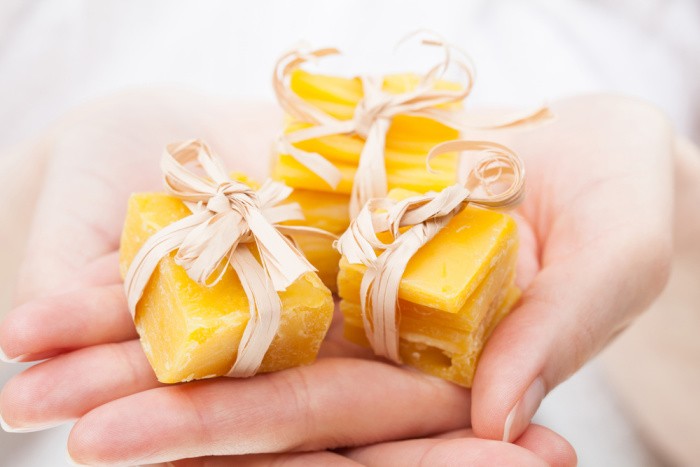
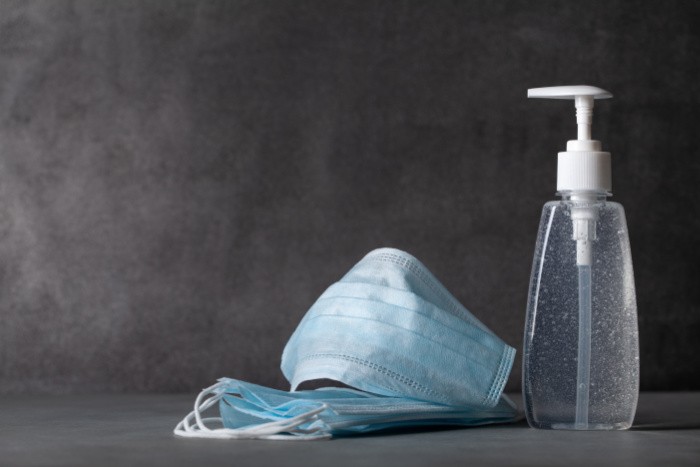
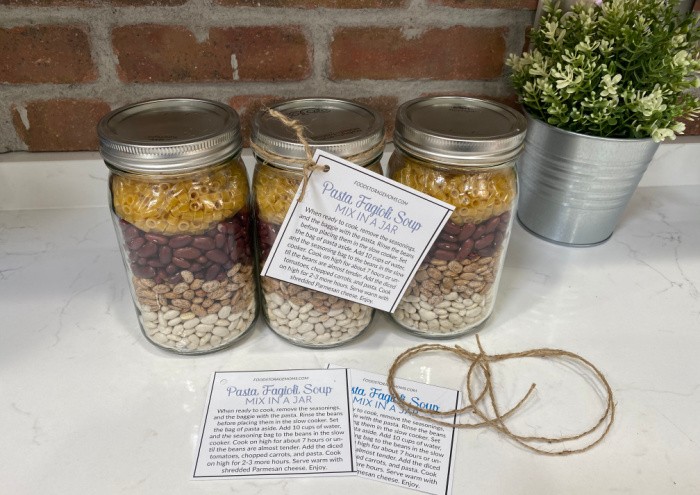

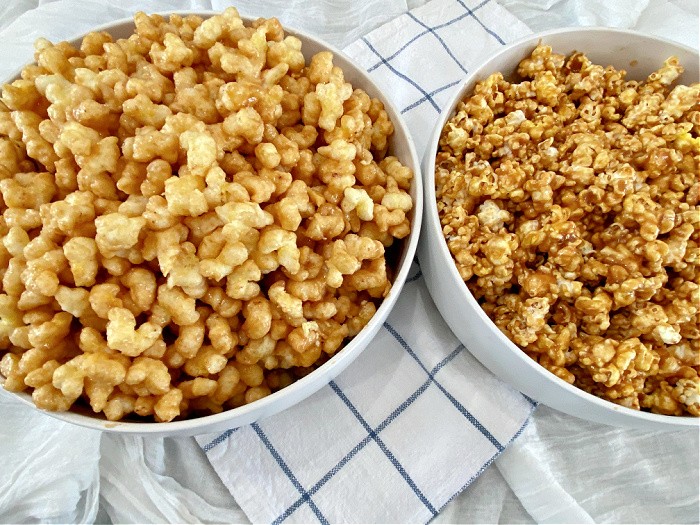



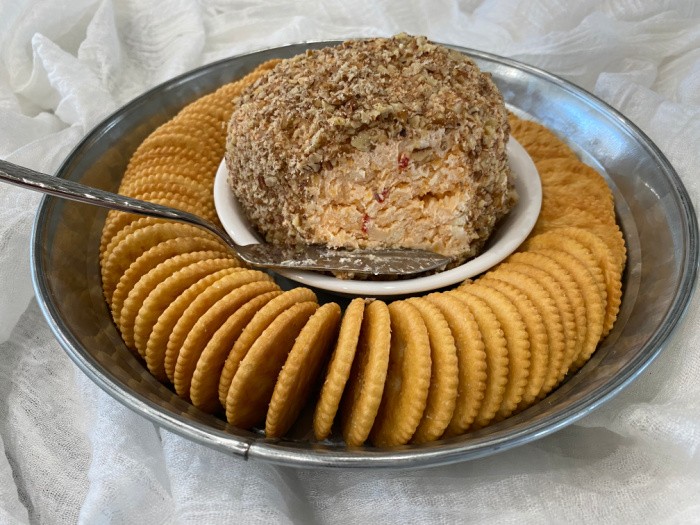
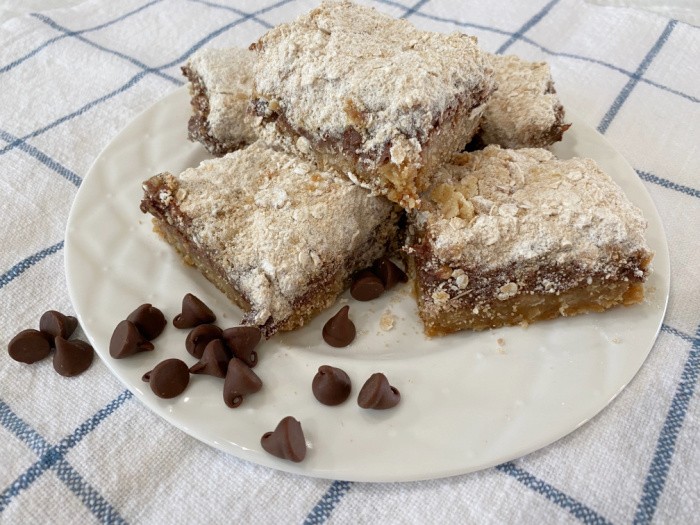
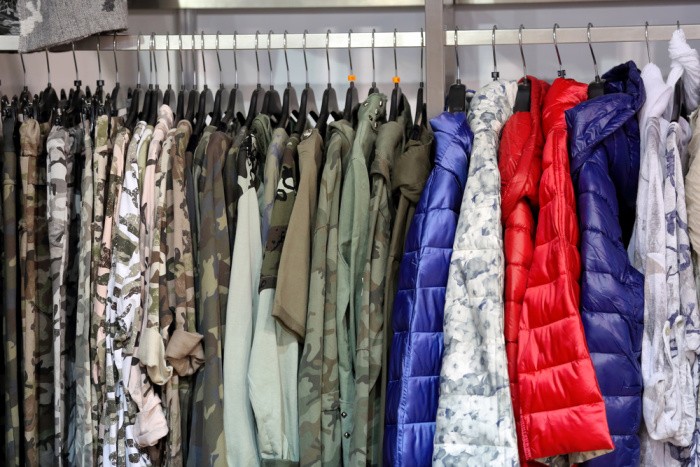
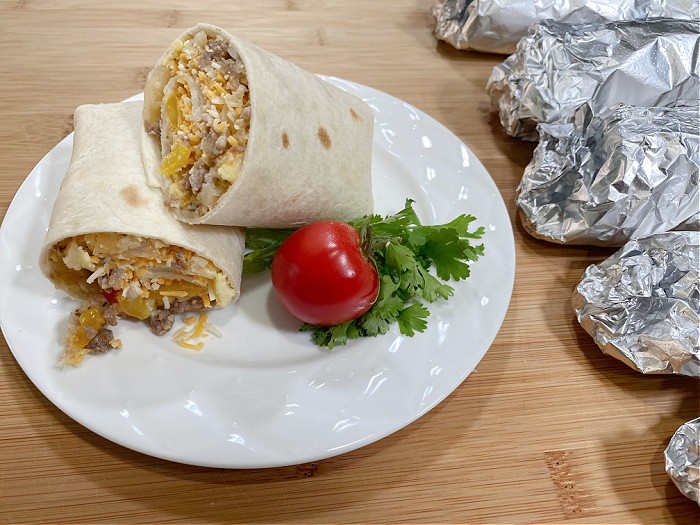
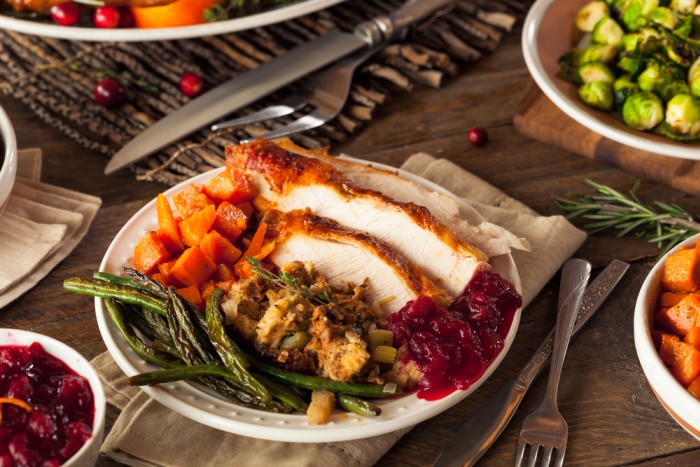

Camping is good. Camping in bad weather is better for survival. That’s when you’ll see the mistakes. An example is when it’s cold like between 20-32 tents will get sealed and heaters will come out and everyone wakes up wet because the condensation wasn’t allowed to flow out. Now you gotta go outside.
Your feet are wet cause you slept with socks on, canteens froze cause you didn’t wanna put that cold thing in the fart sack with you and so on.
Summer it’s 95 at 11pm still and everyone is piled in the tent sweating to the oldies. Why? Sleep outside.
Day three is the magic day of diarrhea. Because hygiene and hand washing go right out the window. It never fails
HI Matt, oh my gosh, now I have the giggles, beginner campers all the way! You are right, try camping in bad weather and see what you should have brought with you! Oh my gosh, you nailed it again, my friend! Thank you! Linda
I grew up camping in a tent. My grandmother joined us and we all learned to cook in a cast iron dutch oven over an open fire.
Matt has it right about new campers, it’s a learning process. I spent many summers working in parks with campgrounds and I heard all the stories. Tents that blew down, ones that leaked and so many other stories. I have my own stories about camping with novices. A group from college decided to go camping over spring break. I offered to bring my family’s largest tent but one of the guys said that he was an experienced camper and would bring two tents for all of us. He brought two tents…. and no tent poles. The kid admitted that his parents had bought the tents at a yardsale and they had never used it.
Hi Topaz, oh my gosh, no tent poles, yikes! Oh, there is nothing better than cooking with a Dutch oven over an open fire! Life is so good outside in the fresh air! A great tip for everyone, try out your equipment before you go camping. Love this! Linda
Linda,
As usual, Matt has nailed it for inexperienced campers. Practice makes, if not perfect, at least comfortable.
I did a lot of backpacking back in the 70’s and 80’s and grew up camping even before that–mostly in the mountains or in the desert, so if you’re camping out on the plains take what I say with a grain of salt.
One of the most important things anyone trying to live in the outdoors can learn is how to read the terrain. For example, unless there is a good, strong breeze, don’t camp right by the water for two reasons. One–that’s where the mosquitoes will be. Two–lakes, rivers, etc are usually the lowest elevation around and cold air sinks. Far better to camp a couple hundred feet up the hill where it can be up to 20 degrees warmer, and even better if your camp is located in an open area that can catch a breeze to further keep bugs down and carry smoke away.
Learn to recognize game trails, bear wallows and berry patches and do not camp near them. Lots of animals roam and feed at night.
In the mountains, or at the beach, the breeze will often shift 180 degrees after sundown. So plan accordingly if you’re erecting a tarp as a windbreak for your campfire.
If you are trying to learn how to build primitive shelters, whether a lean to or a snow cave, make them small enough you barely fit into them. It may be a bit claustrophobic, but a small shelter can be kept warm with just your body heat.
Learn to read clouds. They can tell you when the weather will be changing, what direction it will come in from and what type you’ll be getting. In several decades of camping I rarely used a tent, as I much preferred sleeping under the stars.
Hi Ray, you have had a great life, my friend! Thank you for these great tips. I agree sleeping under the stars is so awesome! Linda
I was the first girl to become a Boy Scout (Not really my dad was the scout master and where he went I went. I always was with him if I could) and I learned a lot about camping from the camping trips we took with the boy scouts. Only problem was when I started to get older it was like OK Jackie you have to stay home. I was like why? His answer was do not ask. So my mom enrolled me in Girl Scouts and to me it was boring. After doing everything the boys did it was just boring to me. LOL. Now I understand why he would not take me after the age of 7 but it still hurt.
Hi Jackie, oh my gosh, you. were so lucky you could tag along with your dad the Scout Master, to the scout outings! I love this story, thanks for sharing. I bet it did hurt when you could no longer go with him. Linda
And now there are female Boy Scouts. My husband was assistant scout master for our son’s troop and most of the time, our daughter went with them. Another assistant scout master also brought his daughter along, she is about 2 years older than mine. The other assistant scout master had a tent for his daughter and my daughter shared with her. They set their tent up on the adult side of camp and at with the leaders. They did all the hiking, canoeing and other activities with the boys. The leader made sure the girls were just as trained in campfire making and safety and knife safety as the boys. They jokingly referred to themselves as the first female Boy Scout patrol.